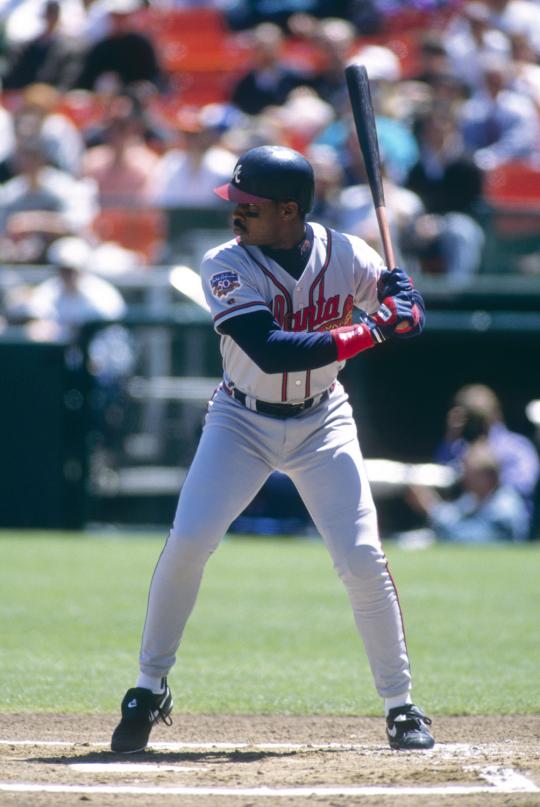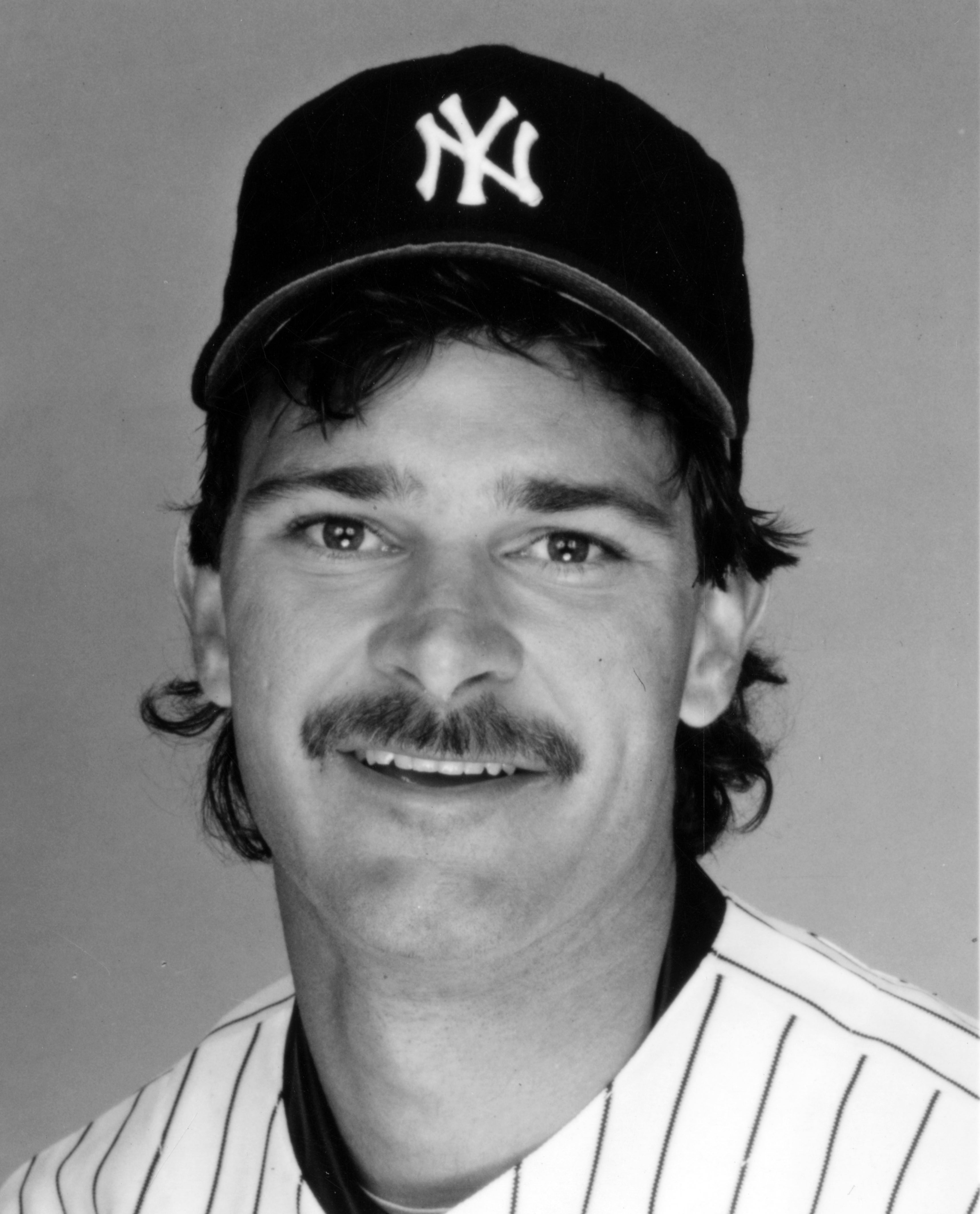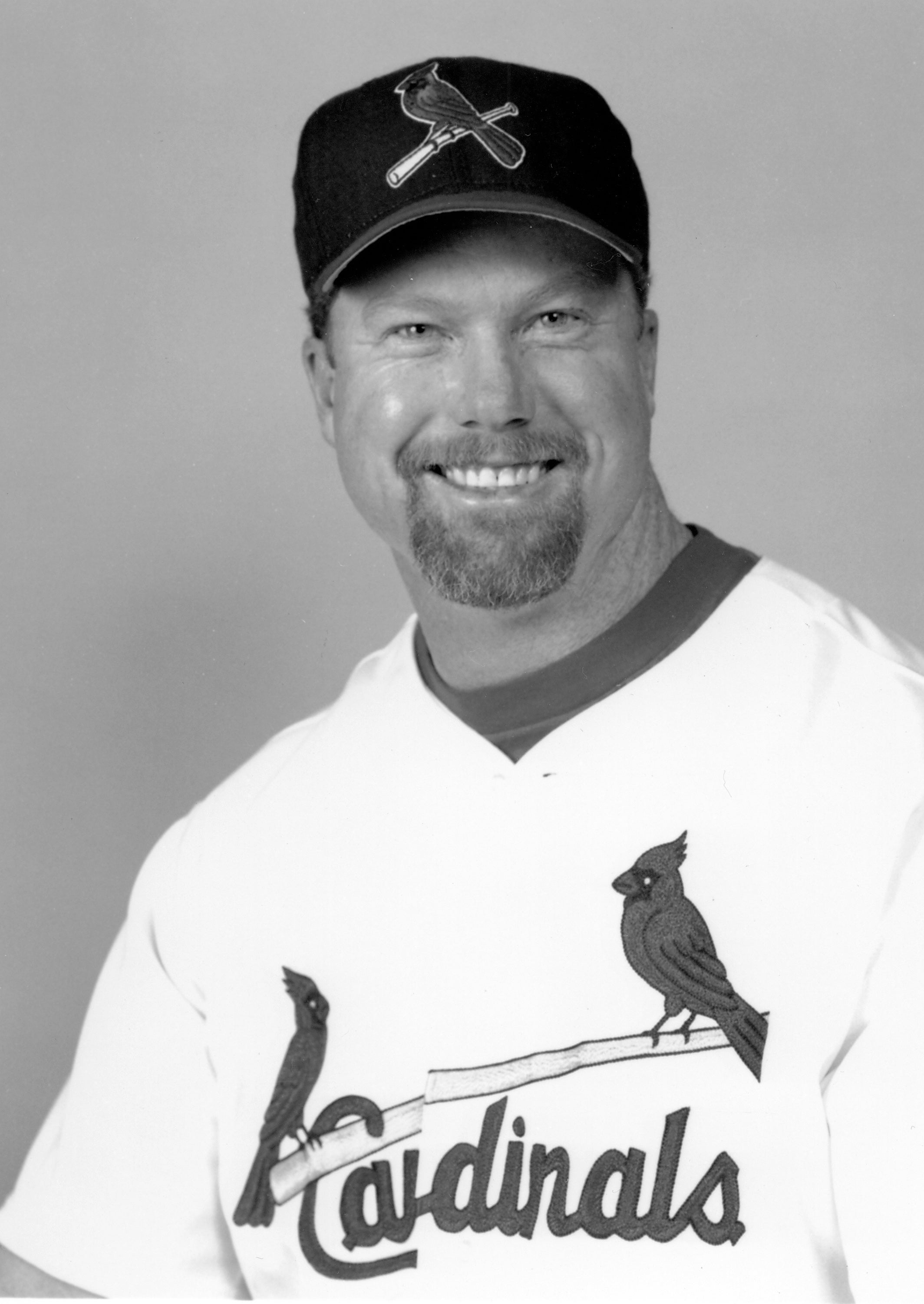Fred McGriff returns to Hall of Fame ballot
Bio
Born on Oct. 31, 1963 in Tampa, Fla., the tall, lanky McGriff – nicknamed the “Crime Dog” in honor of his surname’s similarity to the children’s character “McGruff” – was drafted in the ninth round of the 1981 amateur draft by the New York Yankees. The following year he was traded to the Blue Jays and began playing full-time at the major league level in 1987.
In his second full season, he hit 34 homers, the first of seven consecutive seasons with 30 or more -- a feat he accomplished 10 total times during his career. The following season he finished sixth in MVP voting and took home his first of three Silver Slugger Awards at first base. His 36 home runs led the league.
“When he comes up, we hold our breath,” said then-Rangers manager Bobby Valentine.
In 1990, McGriff finished 10th in MVP voting – and after the season was traded to the San Diego Padres with Tony Fernandez in exchange for Joe Carter and Roberto Alomar. In his two full seasons with the Padres, he finished in the top 10 in MVP voting twice, earned another Silver Slugger Award and made his first All-Star Game appearance. In 1992, he led the league in homers with 35, making him the first player since the dead-ball era to lead both leagues in home runs.
“He has outstanding bat speed,” said former Padres manager Greg Riddoch. “When that ball jumps off his bat to left-center field, it’s like a shot out of a cannon.”
In 1993, McGriff was traded to the Braves. He went on an offensive tear over the second half of the season to rally the Braves to the division title. He finished fourth in MVP voting that season and won his third Silver Slugger Award.
In 1994, McGriff was named MVP of the All-Star Game and finished second in the Home Run Derby to Ken Griffey Jr. He was hitting .318 with 34 home runs before the strike ended the season. The next year, McGriff had another quality season – 27 home runs, 93 RBI – hitting cleanup for the Braves and hit two home runs to help Atlanta win the World Series title.
A quiet leader in the clubhouse, McGriff was known for his positive attitude and love of the game.
“McGriff’s smile lights up a room,” said Riddoch.
In 1998, McGriff was picked up by the expansion Tampa Bay Devil Rays, where he stayed productive for four seasons before ending his career with stops with the Cubs, Dodgers and eventually back with the Devil Rays.
McGriff finished his career just seven homers short of the 500 home run club, tied with Lou Gehrig for 27th all-time. He had a career .284 batting average, 2,490 hits, 441 doubles and 1,550 RBI. He and Gary Sheffield are the only players to hit 30 home runs for five different major league teams.
In 10 postseason series, he batted .303 with 10 home runs, 37 RBI and 100 total bases. He was named to five All-Star Games, finished in the top 10 in MVP voting six times and ranks 43rd all-time in RBI.
“He had a marvelous career,” said former Devil Rays manager Lou Piniella. “He’s a classy person. He’s been a dominant player at his position for years. He played on a world championship team. If I had a [Hall of Fame] vote, I’d vote for him.”




